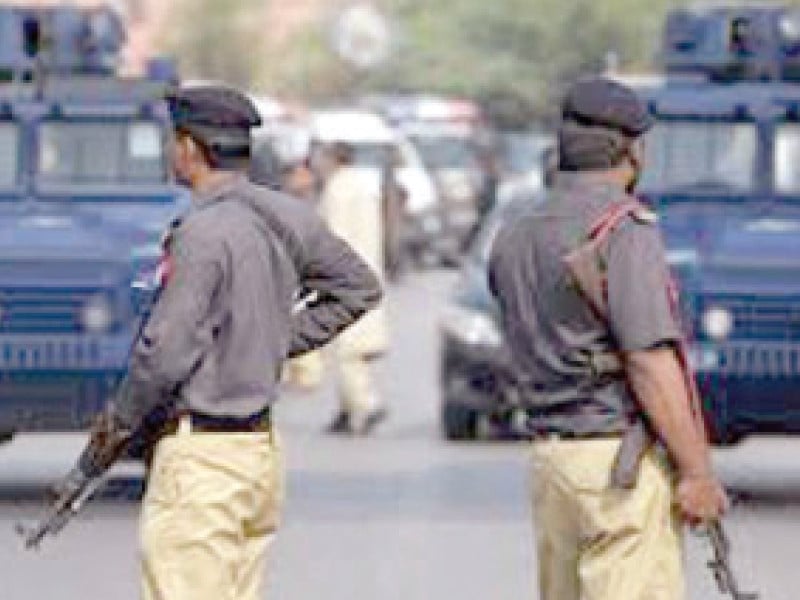Bilawal to air budget grievances with PM M Haris
ISLAMABAD/RAWALPINDI:
As the upper and lower houses of parliament commence debates on the federal budget for the fiscal year 2024-25 today (Thursday), tensions are running high within the ruling coalition.
The Pakistan Peoples Party (PPP), a key ally, remains at odds with the Pakistan Muslim League-Nawaz (PML-N) over grievances regarding the money bill both at the federal level and in Punjab.
PPP Chairman Bilawal Bhutto Zardari is gearing up to air his party’s concerns directly to Prime Minister Shehbaz Sharif in an upcoming meeting, expected to take place within the next couple of days.
According to sources, the prime minister extended Eid greetings to Bilawal and invited him to the Prime
Minister’s House, an invitation Bilawal accepted. It is likely that Bilawal will use the opportunity to voice his concerns regarding the federal and Punjab budgets.
It is pertinent to note that the PPP’s absence from the National Assembly’s budget session on June 12 was a clear sign of discontent.
Deputy Prime Minister Ishaq Dar had to make a beeline for Bilawal’s chamber to persuade the PPP to participate in the proceedings. However, Bilawal only sent three of his MNAs—Naveed Qamar, Khursheed Shah, and Ijaz Jakhrani—to represent the party.
The PPP feels that the PML-N has not only strayed from their post-election agreement but is also starting to take the PPP for granted.
“The PML-N has violated the agreement that it reached with the PPP before forming the government in the Centre as it has not taken any input from its key ally in the PSDP budget,” PPP lawmaker Shazia Marri told The Express Tribune. “The government is taking us for granted.”
Meanwhile, in the National Assembly, Leader of the Opposition Omar Ayub will kick off the debate.
On the other hand, Senate members will discuss and propose recommendations on the budget. The Senate Finance Committee will present its recommendations to the House. After approval, the Senate Finance Committee’s budget recommendations will be submitted to the National Assembly.
The budget debate refers to the parliamentary process where the government’s proposed budget for the upcoming fiscal year is discussed, scrutinized, and debated by members of the National Assembly and the Senate.
The finance minister presents the budget in the National Assembly, outlining the government’s revenue and expenditure plans, fiscal policies, and economic projections for the next financial year.
Following the presentation, a general debate is held where members of the National Assembly discuss the overall budget. They express their opinions, raise concerns, and propose suggestions. This debate covers all aspects of the budget, including taxation, public spending, and economic policies.
The budget is then referred to the relevant committees, primarily the Standing Committee on Finance.
These committees examine the budget proposals in detail, review departmental allocations, and consider any amendments. They may also hold public hearings and seek input from experts and stakeholders.
Although the Senate cannot block the budget, it can make recommendations. The Senate Finance Committee reviews the budget and submits its recommendations to the Senate, which then debates and approves these recommendations before forwarding them to the National Assembly.
The National Assembly considers the recommendations made by the Senate. While the assembly is not obligated to accept these recommendations, they are given due consideration.
The NA votes on the demands for grants, which are detailed requests for funding from various government departments and ministries. Each demand is debated and voted upon.
The Finance Bill, which contains the legal provisions to implement the budget, is debated and voted on. This includes changes to tax laws, duties, and other financial regulations.
The budget is then formally approved by the National Assembly through a majority vote. Once approved, it becomes law and comes into effect at the beginning of the new fiscal year.


